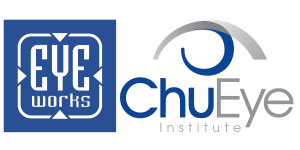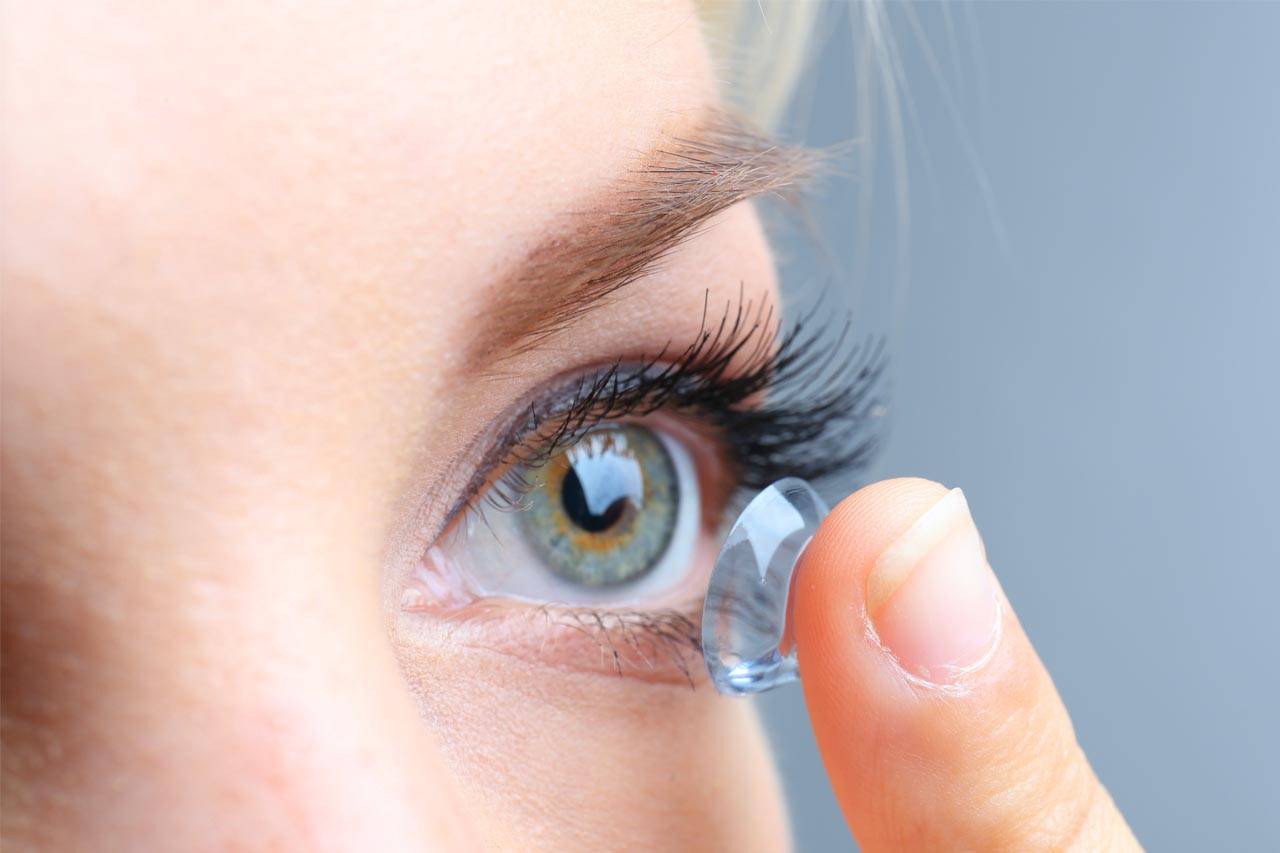Eye Doctors Share 6 Warning Signs
Every parent wants their child to make the most of his or her potential – both in and out of school. That doesn’t always mean you need to hire extra tutors and enroll your kid in daily after-school enrichment courses. In fact, one of the most effective ways to help children maximize their abilities is much less time-consuming and less costly. So what’s this secret method for helping kids to excel?... Schedule a pediatriceye exam to see if they need glasses!
Optimal vision is required to develop basic learning and socializing skills, such as reading, writing and forming new friendships. As you make a list of all the essentials your child needs for school, remember to include “eye exam”. Fortunately, it’s easy to cross that task off the list with a visit to our friendly eye doctors.
While only a thorough eye exam by our optometrist can diagnose if your child needs (or doesn’t need) eyeglasses, there are telltale warnings signs for parents to be aware of. The following 6 signs may point to yourchild’s need to wear prescription eyeglasses:
1. Squinting
 This can indicate the presence of a refractive error, which affects the eyes ability to focus on an image. Squinting can temporarily bring objects into focus.
This can indicate the presence of a refractive error, which affects the eyes ability to focus on an image. Squinting can temporarily bring objects into focus.
2. Head tilting or covering one eye
By angling his head or covering one eye, your child may be able to enhance the clarity of an object or to eliminate double vision. This trick works best when eyes are misaligned, or when your child has the common condition of a lazy eye (amblyopia).
3. Holding digital devices close to the eyes or sitting close to the screen
If your kid always sits right next to the TV screen or brings handheld devices up to her nose to see them, it may be a sign of nearsightedness.
4. Eye rubbing
Eyestrain or fatigue may lead to excessive eye rubbing. This can be a red flag for a variety of vision conditions, including eye allergies.
5. Headaches and/or eye pain
If your child goes to bed each night complaining about a headache, it could indicate that he spent the day overexerting his eyes to see clearly.
6. Trouble concentrating and/or weak reading comprehension
When learning in a classroom, kids need to constantly adapt their visual focus from near to far and back again. They are always shifting their eyes between the board, computer, notebook and textbook. If their eye teaming or focusing skills (accommodation) aren’t up to par, they won’t be able to maintain the necessary concentration.
Problems in school are often misdiagnosed as ADD or ADHD, when poor vision is really to blame. Think about it- if your child cannot see the board crisp and clear, her mind will likely wander to more interesting things. This will make it very hard for her to keep up in class and very easy to fall behind.
To protect your child from a medical misdiagnosis or being labeled with a behavioral problem, we encourage you to reserve an eye exam as soon as possible. It’s very possible that a precise vision prescription and a pair of designer eyeglasses is all the treatment your child needs!








Leave a Reply